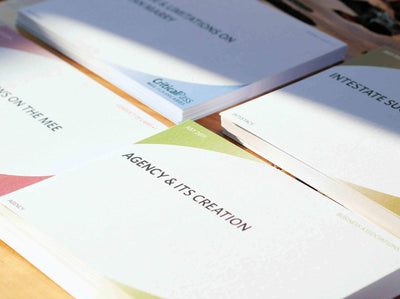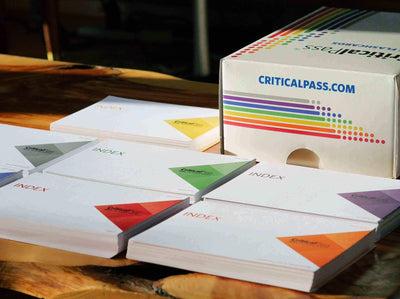One of the most difficult parts of your first year of law school is adjusting to the Socratic Method. While some professors have adopted more relaxed versions, don’t be fooled, many (probably most) law school professors utilize the Socratic Method in class. So here’s a guide on how to be prepared for it.
What is the Socratic Method?
You cannot hide in a law school classroom. Law school professors dedicate time asking questions to help the entire class analyze and understand case law. They often create hypotheticals to see how you can apply what you’ve learned and test your understanding.
Oftentimes, you won’t know it is coming and that the professor will ask you a series of questions, not just one. In other words, you’ll be on the hot seat for more than just a quick moment.
How should you handle it?
First, show up prepared to every class. It’s extremely important that you set aside the hours needed to do the assigned reading. Briefing the cases, while old school, is also very helpful.
You don’t have to brief cases in any specific form, but it’s crucial that you find a way to digest a case you’ve read so that you can recall the important facts, the legal reasoning, and the holding. That means setting aside several hours each day to keep up with assigned reading.
So, do the assigned reading and make sure you understand the case after you’ve read it. Don’t let yourself fall behind. Because more cases are assigned every day, if you fall behind one day, the hole you have to dig yourself out of gets deeper and deeper.
Second, don’t be afraid to give a wrong answer. It is definitely stressful and unnerving, but the Socratic Method gets the job done by challenging you to dive deeper into issues, practice litigating skills, and work on your legal reasoning. But giving a wrong answer is better than giving no answer.
Moreover, sometimes the professor wants someone to give a wrong answer (and thus asks a question designed to elicit an incorrect response) to help demonstrate a concept. That means you could end up being set up to give a wrong answer. And that’s OK, as long as you are prepared and try your best. No matter how confused or lost you might be feeling (and, just FYI, everyone is feeling the same way) you just have to give it your best.
3) Self-Assessment
In law school, your final exams can literally make or break your grade in the course. That’s because, unlike in undergrad, one course may be based solely on your final exam or a single assignment.
That’s why it's critical that you self-assess throughout your semester to ensure you’re understanding the material and to adjust your approach as necessary. This, of course, will be most difficult in your first year and it will take some trial and error.
But you’ll learn new techniques for self-assessment as time goes on. What’s most important for you to understand right now is that law school final exams and assignments are not things to be taken lightly. And crucially, you should begin anticipating and preparing for exams well before Finals.
YOU CAN ACE FINALS. CRITICAL PASS CAN GET YOU THERE.
* Law School Flashcards help you learn and apply key 1L concepts.
* Includes free shipping and access to the Critical Pass App.



